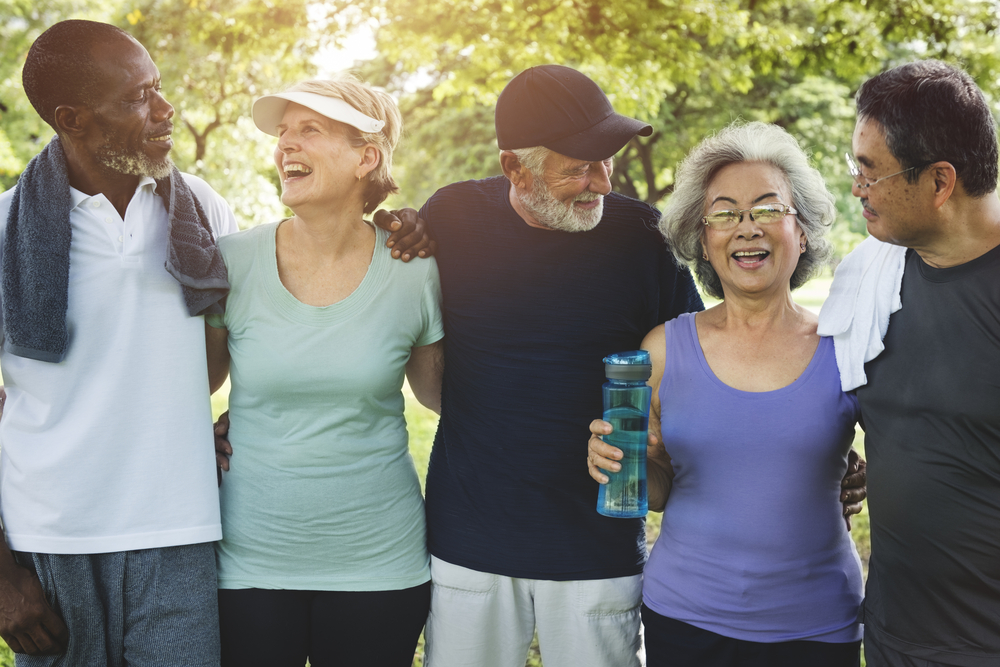Social isolation in seniors is a lot more common than we’d like to think. Our families are more spread out than they used to be, and with the life expectancy growing longer and longer, surviving spouses go longer stretches on their own. Not only is isolation impacting a senior’s emotional well-being, but it has physical ramifications, as well.
If you or a loved one are dealing with loneliness and isolation, life can start to feel meaningless — but nothing could be further from the truth. Making even one change isn’t easy, but it can have a profoundly positive impact on your life. If you’re looking to take control of your physical and mental health, here are a few ideas to try out today.
Join an Exercise Class for a Better Mood
When it comes to social isolation, making fitness a priority benefits mental health in addition to physical health. Working out boosts your production of endorphins, the neurotransmitters that make you feel good and help you manage stress. Plus, joining classes offered by the fitness coverage in your Medicare Advantage plan gives you the chance to work out with other seniors. That means you’re building a community and making friends with people who understand where you are in life. Aetna offers Medicare Advantage plans that cover free gym memberships, along with other areas Medicare misses, like dental and vision.
Take a Walk with a Loving Companion Animal
Some seniors hesitate to own a pet, wondering who would care for them if something happened. While that is a valid concern (and one that should be addressed before getting a dog or cat), there are so many benefits to pet ownership that seniors should also consider. First, getting a dog or cat provides you with some loving company, which many doctors say can keep depression and anxiety at bay. The simple act of petting an animal has been shown to lower blood pressure. Plus, playing with your pet and taking them for walks can keep both of you active. On top of that, taking a dog to an off-leash park or to a training class lets you interact with other people who love their pup as much as you do.
Volunteer for a Cause You Believe In
Some seniors report that living alone doesn’t just make them feel depressed, but it also makes their lives feel somewhat meaningless. You’ve worked or raised a family (or both), and now that those two major roles are over, it’s hard to know what your purpose is. That’s where volunteering can make a big impact on your physical and mental well-being. Giving back is one of the most cherished purposes we have in life. Knowing someone is relying on your generosity and compassion can be even more meaningful than other roles you’ve held. Not only does volunteering combat social isolation — by getting out into the community to meet and work with new people — but it can also help with your mental health, as well. Volunteering improves brain functioning, which can help prolong or event prevent cognitive diseases like Alzheimer’s.
Loneliness and depression may not seem like a big deal, but in reality, they can be life-threatening to seniors. And it’s more than just feeling a lack of companionship; it’s a feeling of not belonging, and that can quickly lead to feeling like you are unloved and unimportant. You can make changes in your life to ease those dark feelings, but it takes time and effort. Try out one (or all) of these three tips, and you’ll likely see progress and improvement right away.
For more information visit Strongwell.org





Leave A Comment